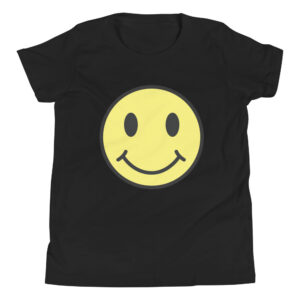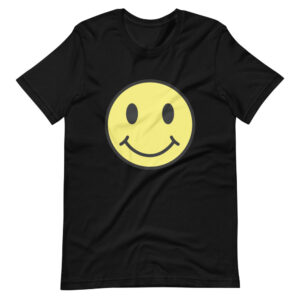Why a Faded T-Shirt Still Speaks Louder Than Trends
There’s something quietly powerful about a T-shirt that’s been worn dozens, maybe hundreds, of times. It’s soft, faded in all the right places, and likely bears some kind of story—whether it’s a concert, a college memory, a protest, or a road trip. What seems like a basic piece of fabric often carries a deeper meaning, quietly reflecting personal identity, pop culture, and even social history.
A symbol of identity
From the start, T-shirts have been more than just clothing. Originally used as undergarments, they became a blank canvas for self-expression by the mid-20th century. Whether it’s a band logo, political message, or sarcastic slogan, T-shirts let people say something about themselves without speaking a word.
Wearing a well-worn tee can feel like reclaiming a part of yourself—especially when it’s tied to a specific phase of life. That faded tour shirt from your favorite band’s first show might say more about your values than any accessory ever could.
A record of time and culture
Worn tees don’t just age; they absorb time. The softening of the fabric, the slight discoloration, the cracking of the ink—all serve as quiet timestamps. These signs of wear make the shirt more unique and personal, unlike the mass-produced look of something brand new.
A vintage college tee or an old summer camp shirt is instantly recognizable, but its significance lies in the shared experiences they hint at. They serve as cultural markers—symbols of a specific era, location, or community.
Fashion’s embrace of the imperfect
In recent years, fashion has shifted to embrace worn-in clothing not just as acceptable but aspirational. Luxury brands have mimicked the look of vintage tees, while thrift culture has made genuine old T-shirts highly sought after.
This trend reflects a growing appreciation for authenticity. A perfectly imperfect T-shirt suggests history, substance, and style without trying too hard. It also subtly pushes back against fast fashion, aligning more with sustainable values and intentional consumption.
Emotional comfort in the familiar
Beyond aesthetics, there’s an emotional connection. A well-worn T-shirt feels like home. It might be what you reach for after a long day or what you wear on lazy weekends. The way it fits your body, the softness of the fabric—these things matter.
This kind of clothing doesn’t just live in your closet—it holds memories. And that’s something fast fashion, with its quick turnover and disposable trends, can’t replicate.
Why we keep coming back
Even when styles change, the appeal of a beloved T-shirt stays the same. It’s universal and democratic—everyone has one. It doesn’t require effort to style and yet somehow makes a statement, especially when it’s got age and character.
It’s not just a T-shirt. It’s a piece of personal history, a touchpoint for shared culture, and a quiet rebellion against the polished and new.






